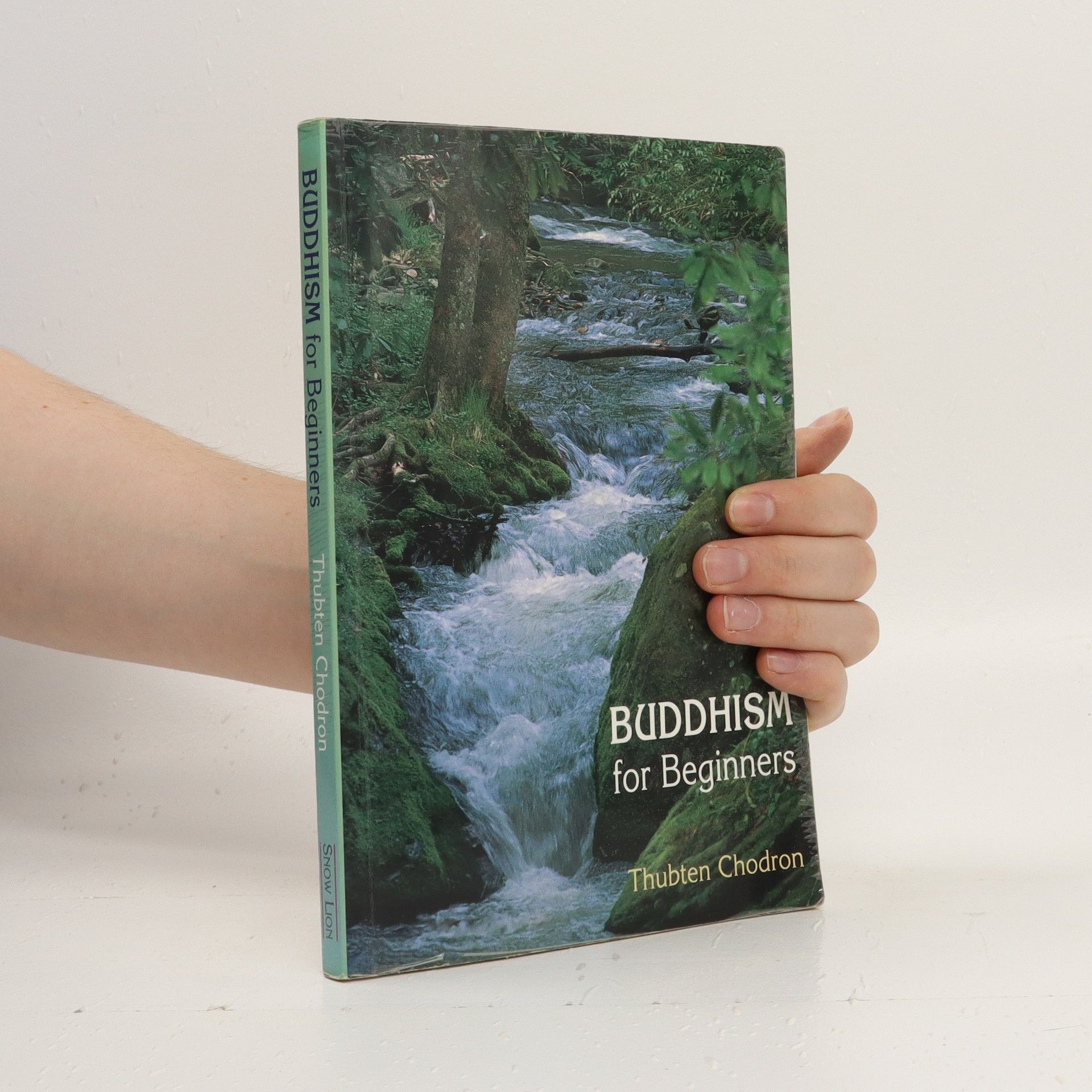Guided Buddhist Meditations
- 176pages
- 7 heures de lecture
A new edition of a Buddhist classic, an accessible introduction to the stages of the path (lamrim)--including 14 hours of downloadable audio meditations. The Stages of the Path, or lamrim, presentation of Buddhist teachings (a step-by-step method to tame the mind) is a core topic of Buddhist study. The lamrim meditations remind us that the process of transforming the mind, unlike so much of our frantic modern society, is a slow and thoughtful one. Best-selling author and Buddhist teacher Thubten Chodron here provides clear explanations of the stages of the path, as well as an accompanying downloadable audio program containing over fourteen hours of guided meditations on each of the topics covered in the text. Chodron discusses how to establish a daily practice and presents the meditations in detail, followed by advice for newcomers, instructions for working with distractions, antidotes to mental afflictions, and suggestions on how to deepen Dharma practice. Each practitioner will find meaning and insight according to their own skill level.




